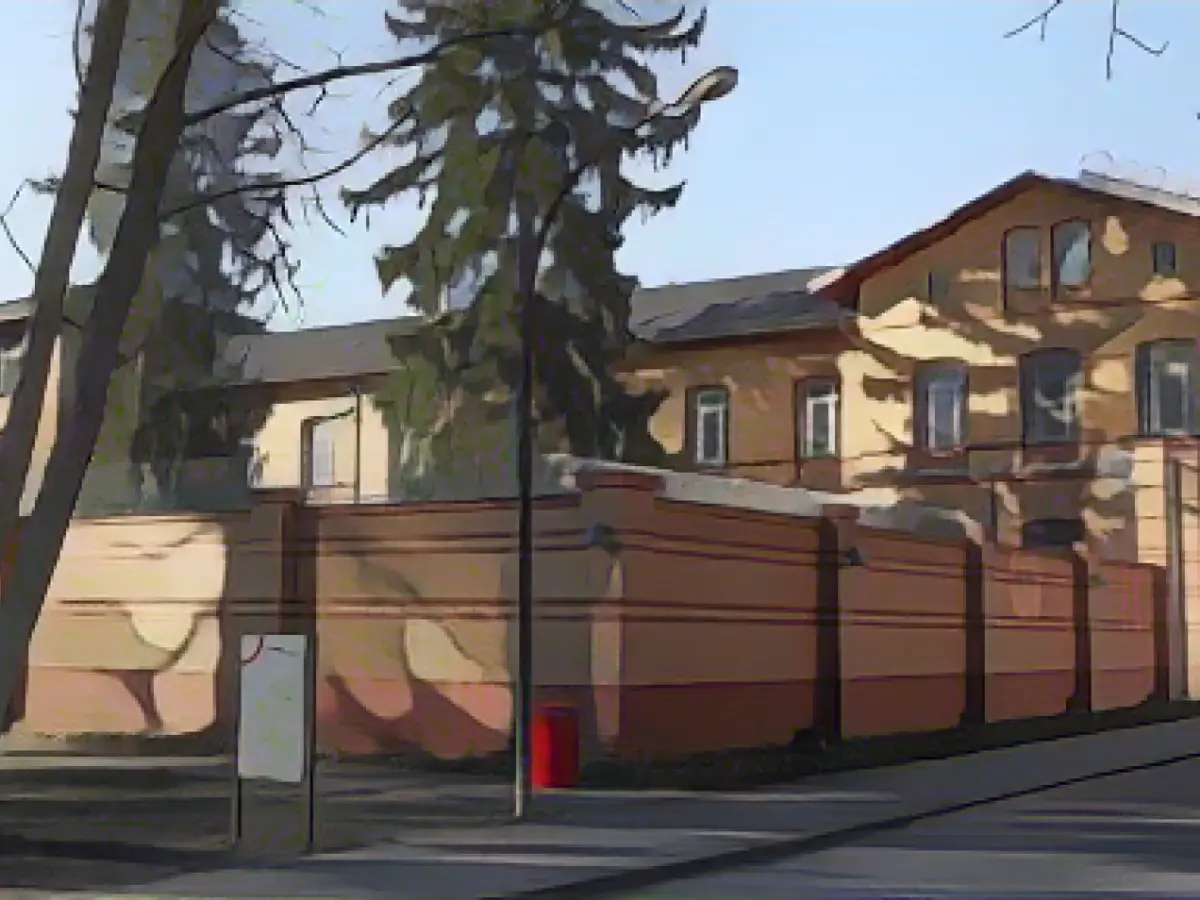Prison Visit: Justice Minister Praise for Frankenthal Staff Over Christmas Duty
Justice Minister Herbert Mertin of Rhineland-Palatinate, representing the FDP, expressed gratitude towards the staff at Frankenthal Prison for their unwavering commitment during his recent visit. Mertin commended the staff's diligence, particularly during the holiday season, when they worked tirelessly to ensure security within the prison around the clock.
The Frankenthal correctional facility, housing approximately 250 employees in a variety of roles, such as general prison services or socio-educational and therapeutic sectors, plays a pivotal role in the reintegration of around 440 inmates. Despite working in challenging conditions, Frankenthal staff provide essential support for prisoners in their journey towards rehabilitation.
Following a melee in September that left two officers injured, Mertin emphasized the demanding nature of working within a correctional facility. Recognizing that their job is not just another 9-to-5, he underscored the importance of staff dedication in creating a safer environment for both prisoners and staff alike.
Behind the Scenes
Though general data on prisoner reintegration and staff safety are widely available, the specifics of Frankenthal Prison remain elusive without detailed reports or local government resources. However, the fundamental principles of fostering a conducive environment for prisoners' rehabilitation and prioritizing staff welfare can be inferred.
- Rehabilitation Programs: Constructive rehabilitation programs, comprising of education, vocational training, counseling, and job placement services, contribute significantly to successful prisoner reintegration.
- Living Conditions: Quality living conditions within the prison, providing proper healthcare, sanitation, and adequate living spaces for prisoners, help in maintaining their physical and mental well-being, facilitating a smoother reintegration process.
- Staff Training: Well-trained and supported staff can better manage conflicts, deliver effective counseling, and advocate for fair and humane treatment, ultimately improving overall reintegration outcomes.
- Staff Safety: Expressing gratitude for the staff's contributions should come with dedicated security measures, ensuring proper staffing levels, safe facilities, and protocols for handling crisis situations.
- Support Systems: Maintaining a well-managed prison environment thriving in clear rules and consequences can uphold the safety of both staff and prisoners, while also providing crucial support systems like counseling and peer networks, aiding in staff recuperation and sustainability in the workforce.
In conclusion, although insufficient information about Frankenthal Prison is at hand to reinforce its role and conditions in prison reintegration and staff safety specifically, following general principles of effective prison management and staff welfare can contribute to a successful rehabilitation journey for prisoners and a safer work environment for staff.








